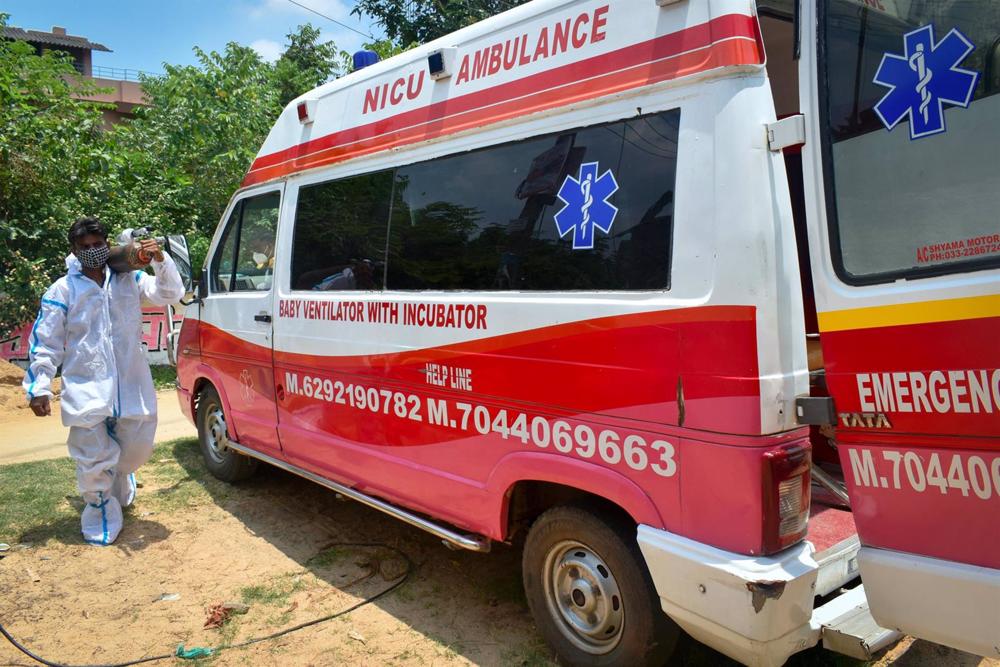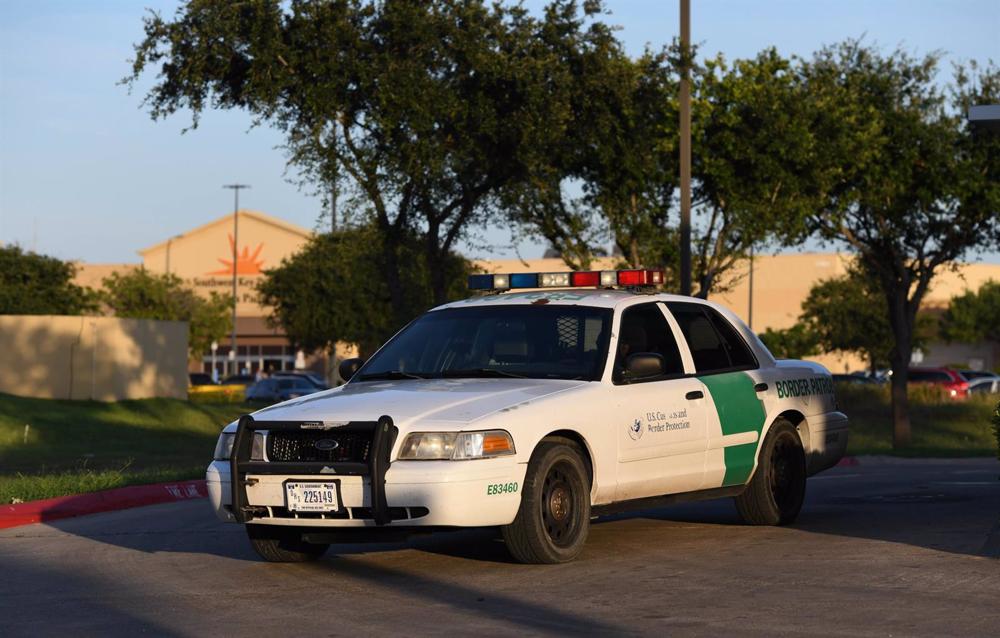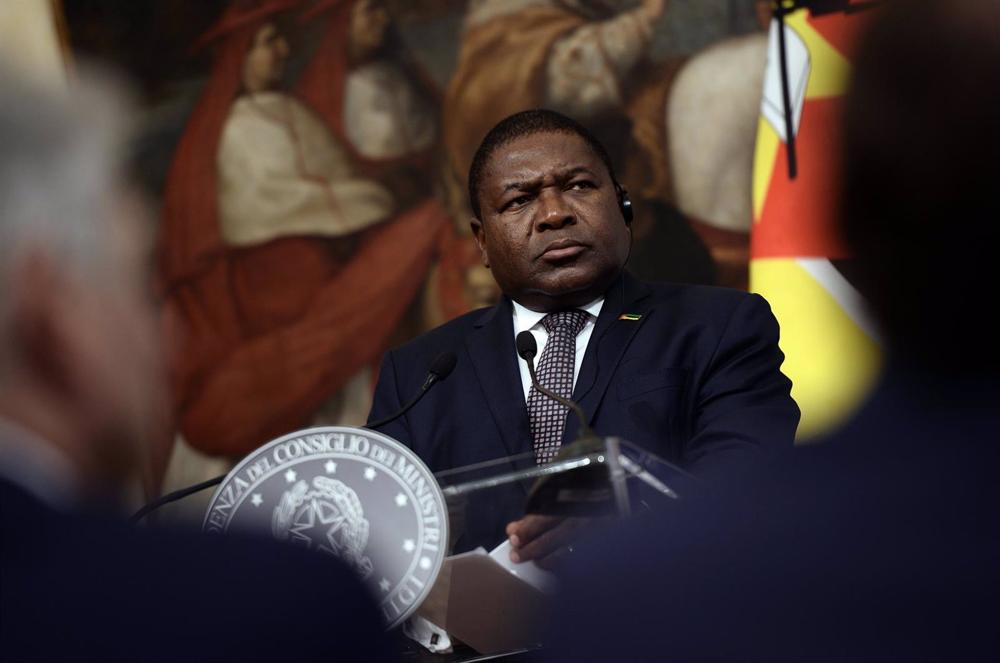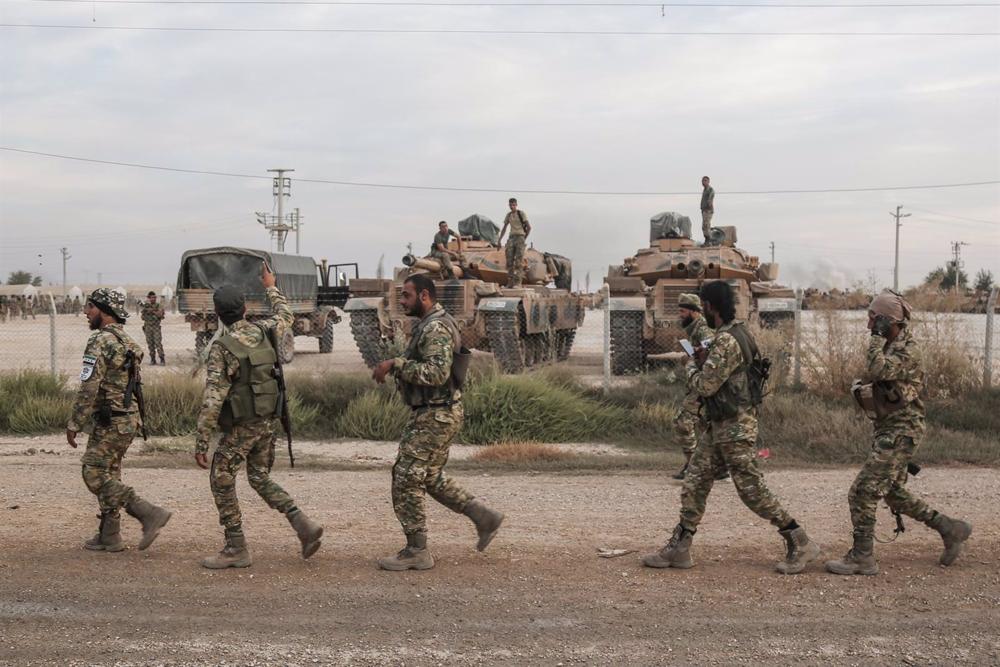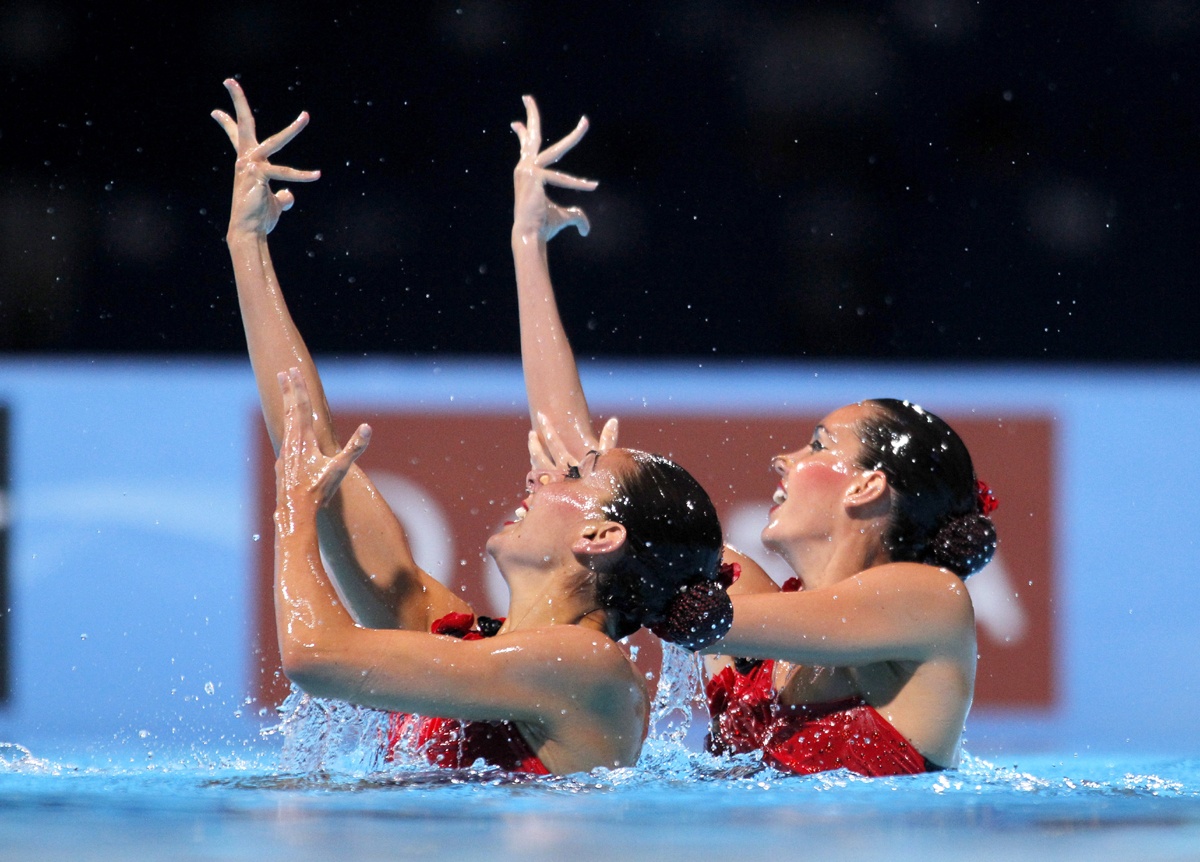
The United Nations High Commissioner for Human Rights, Volker Turk, has urged Sudan to put the interests of its citizens first in the political negotiations of the authorities in the process of transition to democracy.
«As political negotiations continue towards a framework for a new transition, I urge all those involved to put aside entrenched positions, power games and their personal interests, and focus on the common interests of the Sudanese people,» Turk said at a press conference in Sudan’s capital Khartoum.
The new UN human rights chief said that «the future of the country depends» on «bold steps towards consensus» as well as the protection of human rights as a «driving force» to end the «uncertainty that has left much of the population in danger».
Turk, who has made his first visit to the African country, has assured that the military coup of October 2021 that put an end to civilian power sharing after the overthrow of the then dictator Omar Al Bashir had left Sudan «at a decisive fork in the road».
The High Commissioner has indicated that, in this context of decades of repression, it is a great challenge to build trust between the authorities and the population.
In this context, he advocated the urgent implementation of the Juba Peace Agreement to restore civilian authority. He acknowledged that «the situation is bleak», but assured that the tools to overcome the challenges are within reach.
State institutions must be representative, accessible and work for all people, especially women and the most vulnerable, he said.
In addition, Turk called on the authorities to instruct security forces to respond to demonstrations in accordance with human rights laws and standards.
«People have the right to peaceful assembly, and the state has an obligation to ensure that this right can be exercised without fear of being shot at,» he said, noting that his office has documented the excessive use of force against protesters that has resulted in more than a hundred deaths and 8,000 injuries.
In this vein, the UN Human Rights chief has called for victims to be recognized, survivors compensated and perpetrators investigated. «Impunity breeds more violence. It must be tackled head on,» he stressed.
